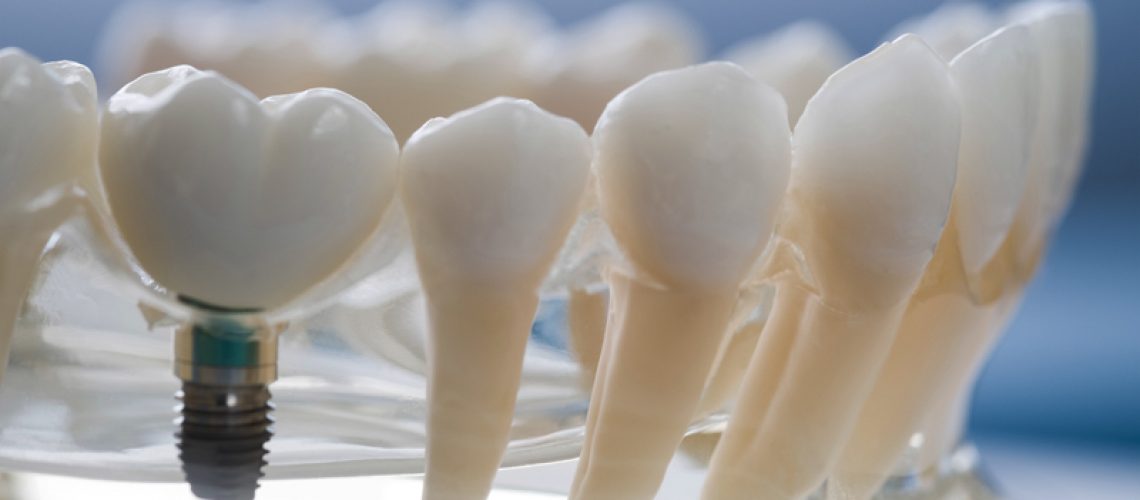Dental implants in Bowling Green, KY are a popular and effective long-term solution for people who suffer from missing teeth or failing. Dental implants are essentially artificial teeth, which are used as a replacement for the root part of natural teeth. They provide a strong foundation for a fixed prosthesis which is designed to blend in with the patient’s natural teeth.
While most dental implants are successfully placed, some dental implant placements cause people to develop peri-implantitis. Continue reading to learn in more detail how people will know if they have peri-implantitis following their dental implant placement procedure.

Share this post

We're located
1857 Tucker Way
Bowling Green, KY 42104
Phone: (270) 781-2952
Dental Marketing by Progressive Dental
Contact Us
- Back
- 270-781-2952
